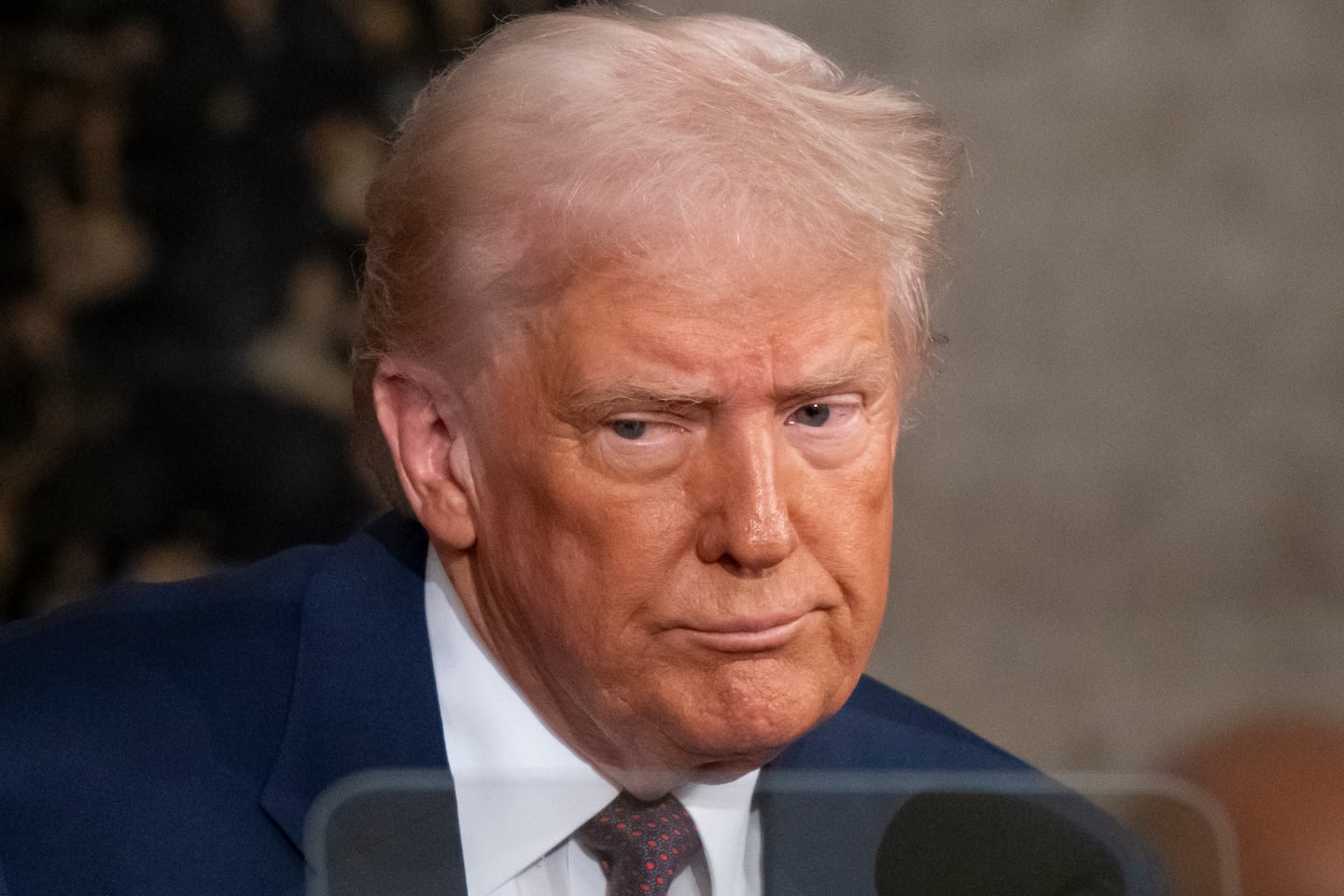Senate Banking Committee Approves Stablecoin-Regulating GENIUS Act Amid Debates
Published on 3/13/2025, 12:00:00 AM
In an important milestone for the cryptocurrency industry, the United States Senate Banking Committee has cast a vote that demonstrated a broad consensus supporting digital currencies. More specifically, the vote pertains to the stablecoin-focused GENIUS Act, which took one step closer to becoming law yesterday. The Banking Committee voted with overwhelming bipartisan approval, pushing the bill toward the ultimate target - a full Senate vote that is anticipated by the end of April.
What's worth noting is the decidedly bipartisan character the vote demonstrated. Winning with 18 votes against six, the bill saw notable figures from both sides – five Senate Democrats and their Republican counterparts – share common ground on the growing significance of stablecoins in our digital economy. Among the Democratic endorsers are some you might find interesting: Bill cosponsor Senator Angela Alsobrooks of Maryland, along with Banking Committee members Senators Mark Warner of Virginia, Andy Kim of New Jersey, Lisa Blunt Rochester of Delaware, and Ruben Gallego of Arizona.
The bill's champion, Senator Bill Hagerty of Tennessee, expressed his anticipation to get it in front of the complete Senate before April rounds off. Also making her mark on this momentous progress was Senator Cynthia Lummis of Wyoming, known for her forward-thinking approach toward digital assets, who shared her satisfaction with the bipartisan passage. She expressed that the GENIUS Act's progression would offer stablecoin issuers a(n) option/choice between state and national charters. But more than that, it would solidify the United States’ foothold in the burgeoning digital asset economy.
However, this march forward was not without its hurdles. Senator Elizabeth Warren, a longtime critic of cryptocurrency from Massachusetts, made several attempts to modify the GENIUS Act. Actively participating in the session, Warren aimed at creating a legal environment for nonbank stablecoin issuers to effectively participate in the U.S. economy. She tabled amendments to the bill, seeking to blacklist any stablecoin issuers found to have links with state enemies or engaged in unsavory activities, including drug trafficking and child pornography. Moreover, she intended to extend the bill’s coverage to crypto exchanges and other third parties involved in stablecoin dealings as well.




These proposed amendments, however, were met with a strong opposition, seeing a majority of them voted down, typically along party lines. Warren commented at one point, seemingly bemused after one of her amendments was voted down, questioning whether the committee was protecting potential unsavory actors. Recognizing the need for innovation, the senator also reinforced that the intent was not to impede progress or halt innovation, but to ensure a cleaner and more accountable framework.




In an exciting turn of events leading to the committee meeting, an updated version of the GENIUS Act was released earlier this week. While the tweaked version was predominantly advocated by industry leaders, some members of the crypto community expressed concerns over a new clause. This particular clause would mandate stablecoin issuers to have the ability to "seize, freeze, burn, or prevent the transfer” of tokens if legally obligated.
Related Articles

Supreme Court Upholds Judge Ali's Ruling in $2 Billion USAID Jurisdiction Case
3/13/2025, 4:18:21 PM
Trump Administration Proposes Budget Cuts to Wildlife Research, Risking Conservation Efforts
3/13/2025, 4:07:02 PM
Negotiations Stalled: Democrats Weigh Options as GOP Proposes Cuts to D.C.'s Funding
3/13/2025, 4:01:09 PM
